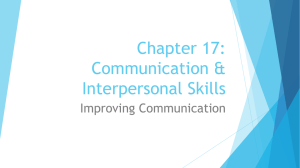Fundamentals of Organizational Change Management Advanced
advertisement
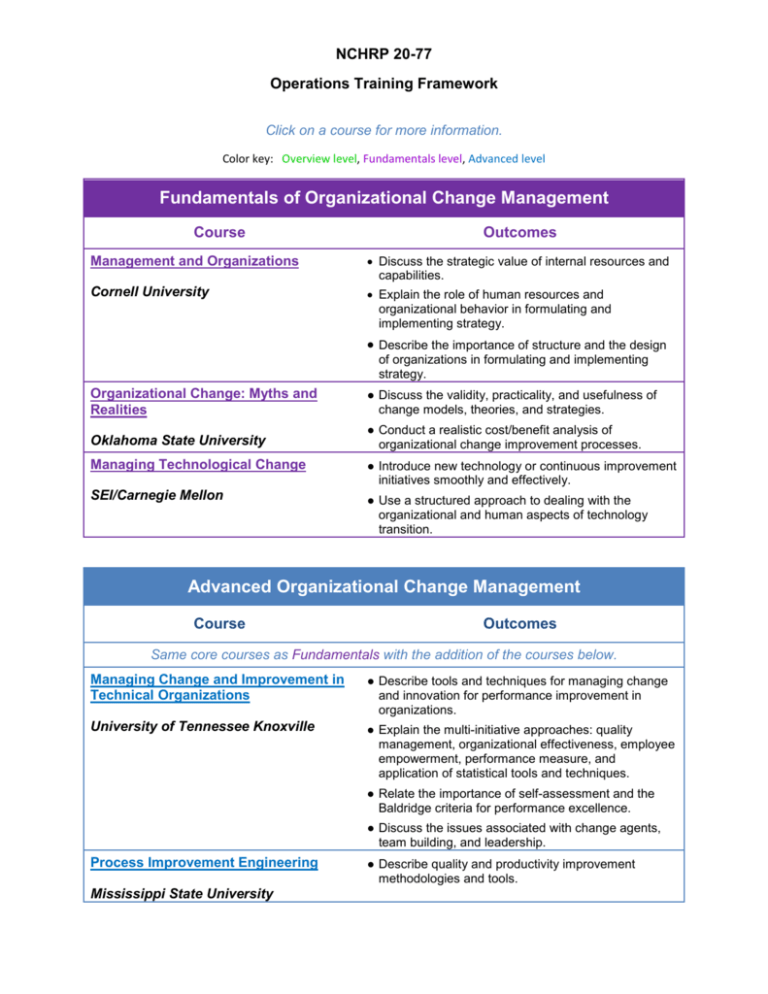
NCHRP 20-77 Operations Training Framework Click on a course for more information. Color key: Overview level, Fundamentals level, Advanced level Fundamentals of Organizational Change Management Course Outcomes Management and Organizations • Discuss the strategic value of internal resources and capabilities. Cornell University • Explain the role of human resources and organizational behavior in formulating and implementing strategy. • Describe the importance of structure and the design of organizations in formulating and implementing strategy. Organizational Change: Myths and Realities ● Discuss the validity, practicality, and usefulness of change models, theories, and strategies. Oklahoma State University ● Conduct a realistic cost/benefit analysis of organizational change improvement processes. Managing Technological Change ● Introduce new technology or continuous improvement initiatives smoothly and effectively. SEI/Carnegie Mellon ● Use a structured approach to dealing with the organizational and human aspects of technology transition. Advanced Organizational Change Management Course Outcomes Same core courses as Fundamentals with the addition of the courses below. Managing Change and Improvement in Technical Organizations ● Describe tools and techniques for managing change and innovation for performance improvement in organizations. University of Tennessee Knoxville ● Explain the multi-initiative approaches: quality management, organizational effectiveness, employee empowerment, performance measure, and application of statistical tools and techniques. ● Relate the importance of self-assessment and the Baldridge criteria for performance excellence. ● Discuss the issues associated with change agents, team building, and leadership. Process Improvement Engineering Mississippi State University ● Describe quality and productivity improvement methodologies and tools. NCHRP 20-77 Operations Training Framework ● Discuss the design and implementation of continuous improvement systems in organizations. Planning and Managing Organizational Change ● Assess major issues involved in organizational readiness AMA ● Build executive sponsorship and ensure success of the change management plan ● Overcome emotional and intellectual challenges by managing change ● Demonstrate greater mastery of key change management skills ● Create effective communication plans ● Ensure all systems support—not undermine change ● Managing change to help the organization recover, rebound and learn faster. Leading a Resilient Organization: Achieving Results During Challenging Times Aresty Institute of Executive Education ● Maintain productivity and engagement during internal or external turmoil ● Retain top performers during volatile times ● Improve energy, vitality and resourcefulness throughout periods of prolonged stress ● Re-energize individuals, teams and the organization after setbacks ● Establish proven practices that build a company’s “resilience DNA” ● Enact your leadership vision in a more powerful, positive way
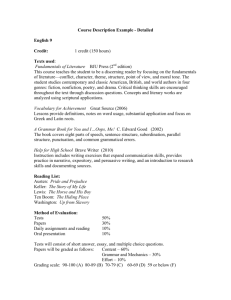

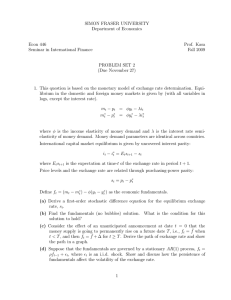
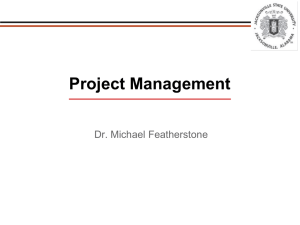
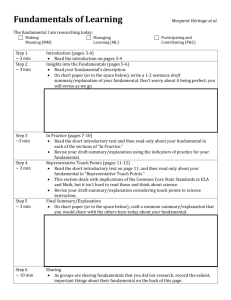
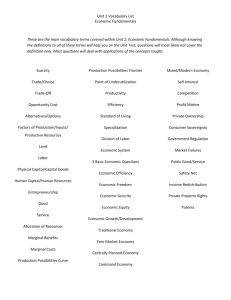
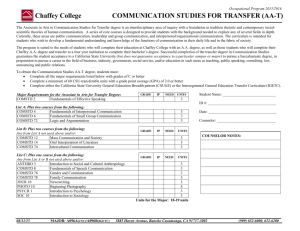
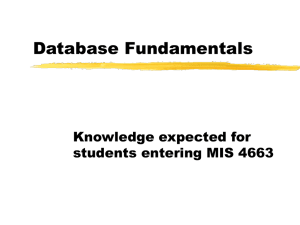
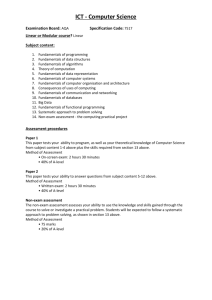
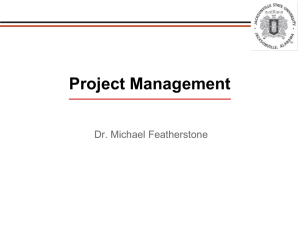
![Computer Networks [Opens in New Window]](http://s3.studylib.net/store/data/008975473_1-426936d686925c93036d8f878e710c04-300x300.png)
